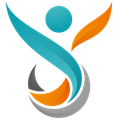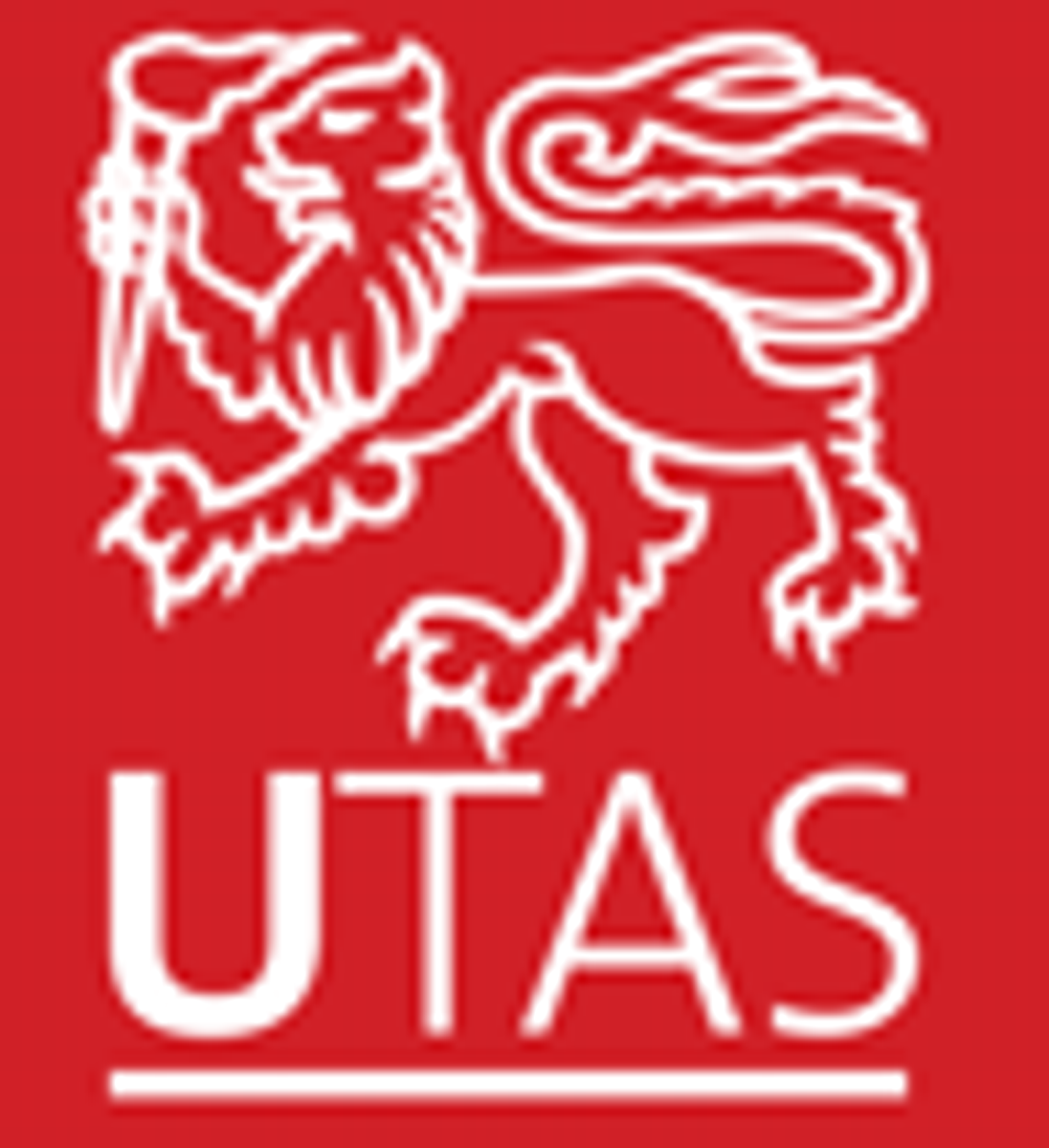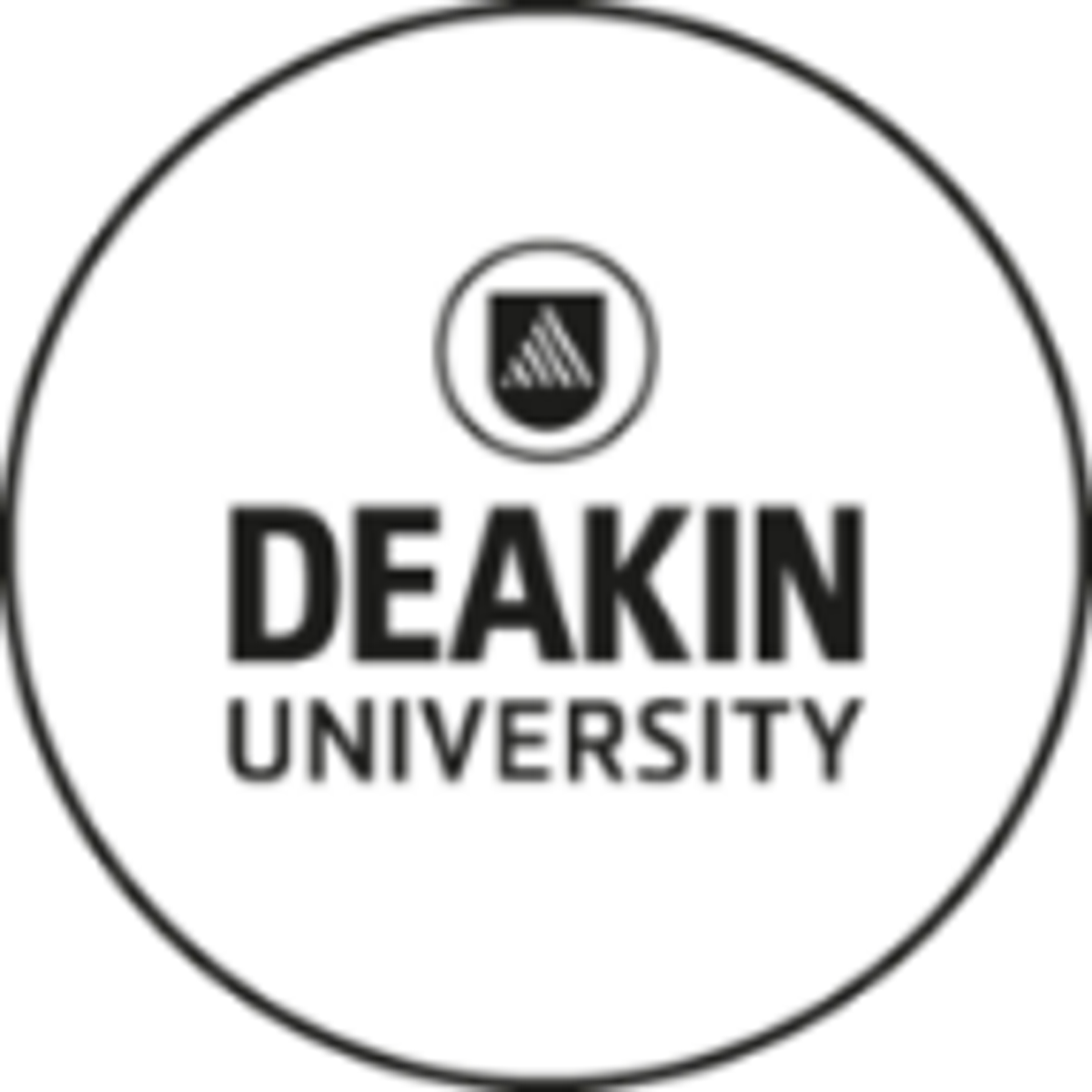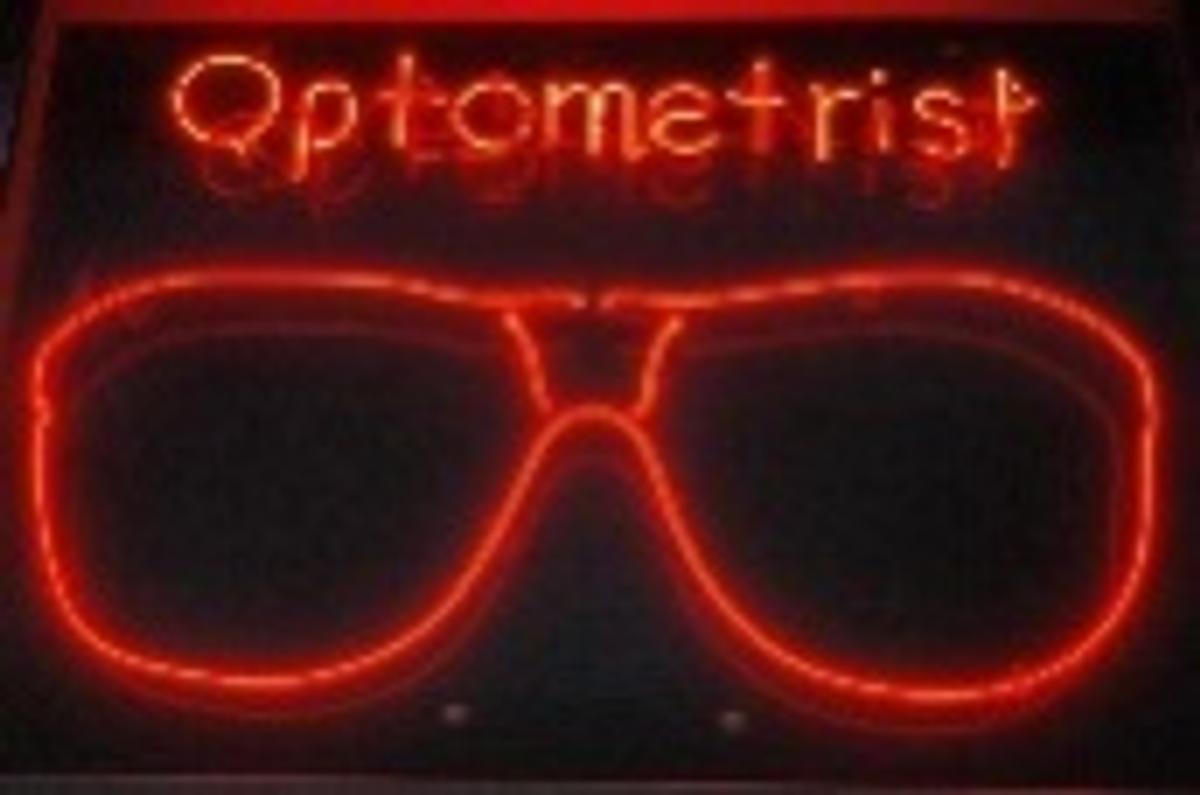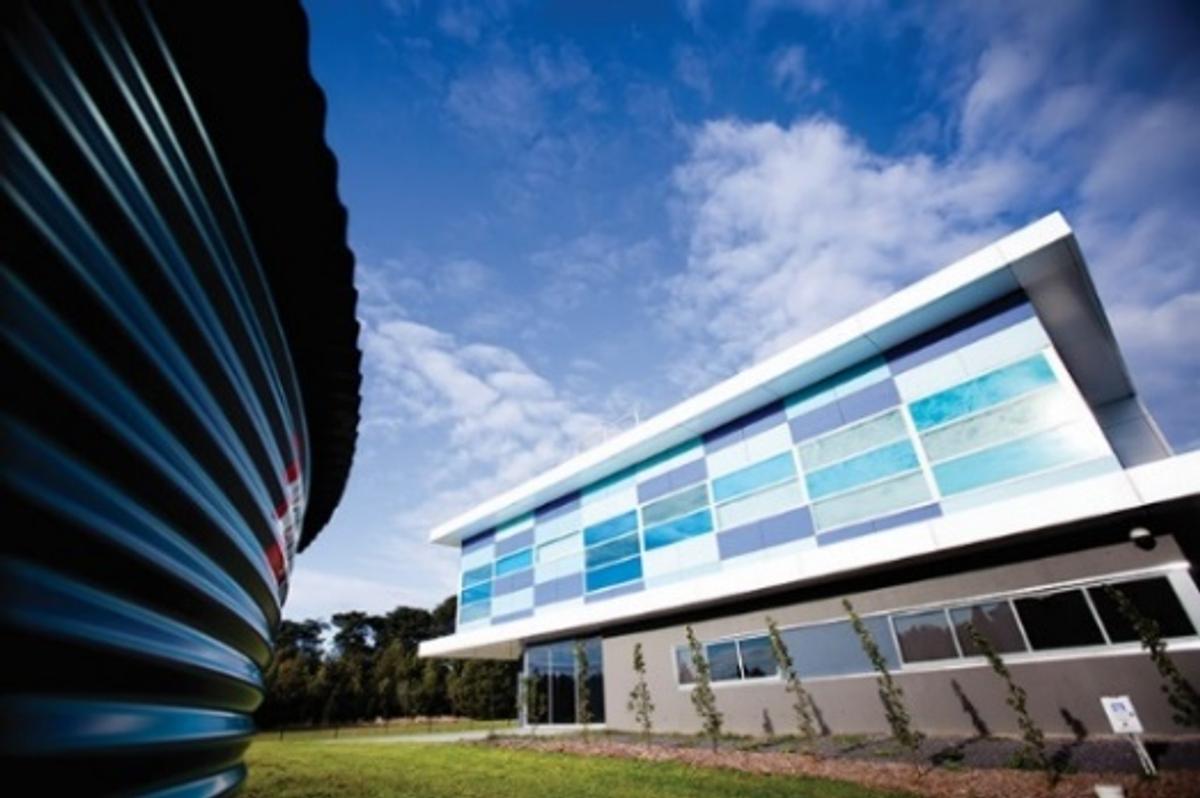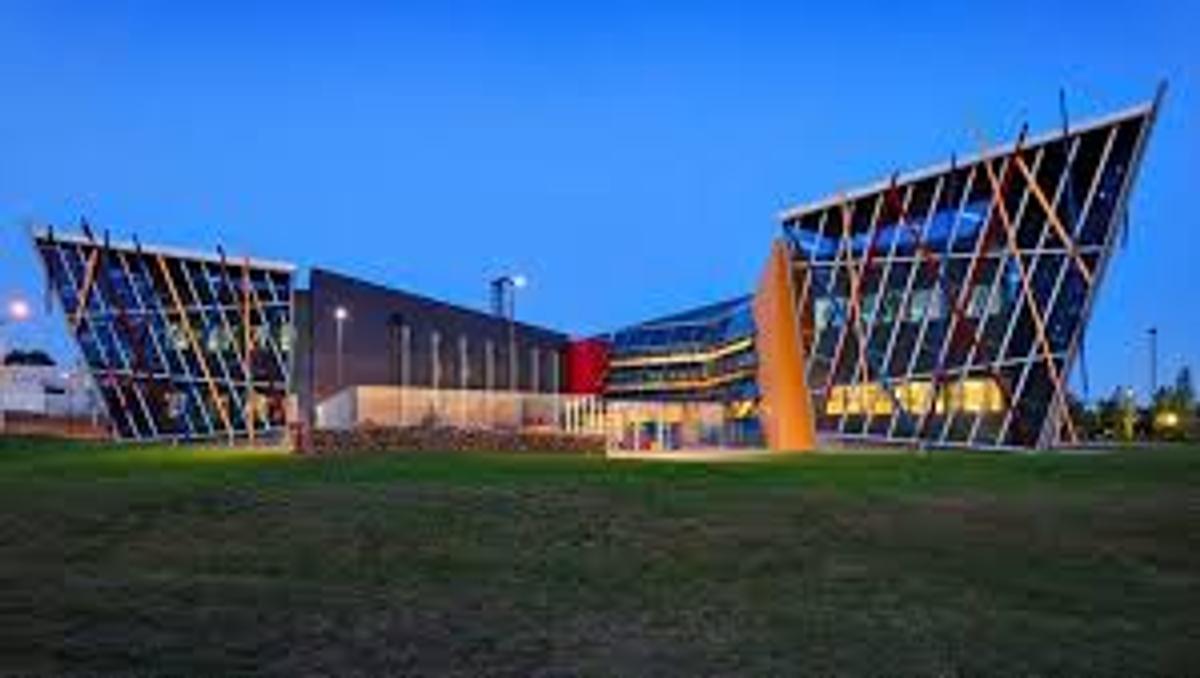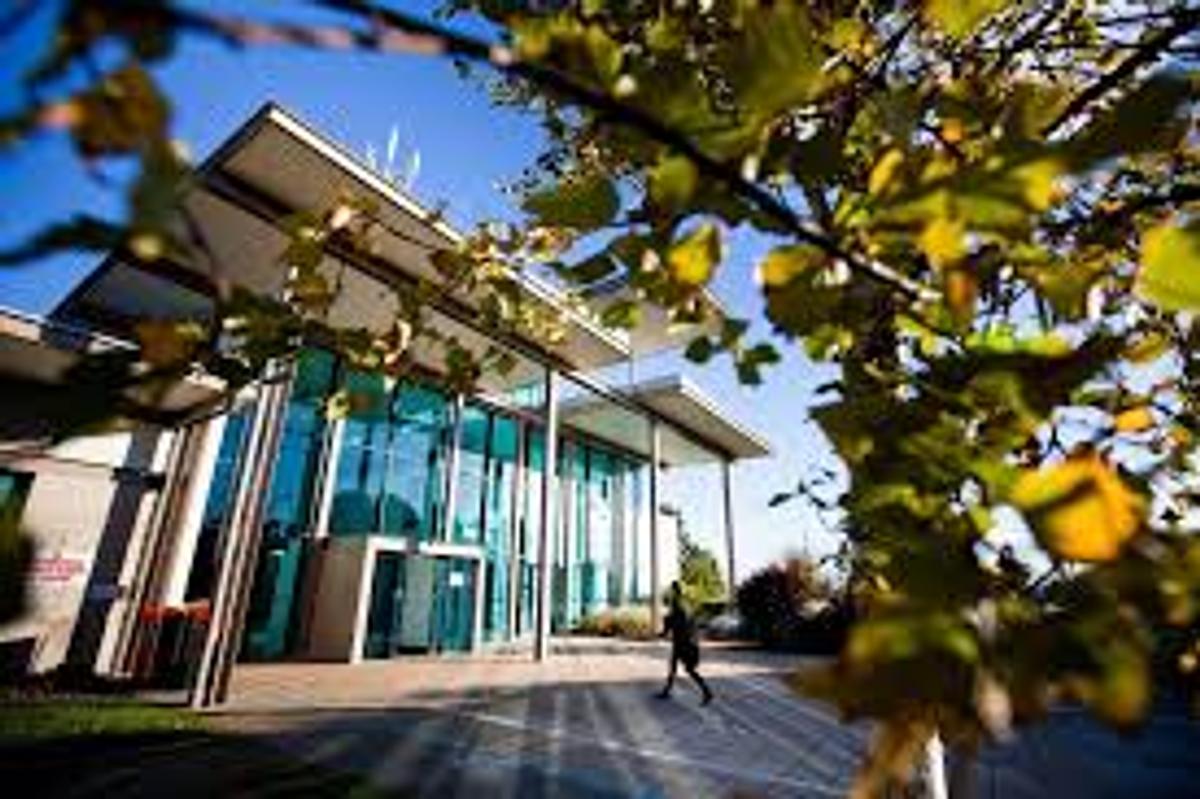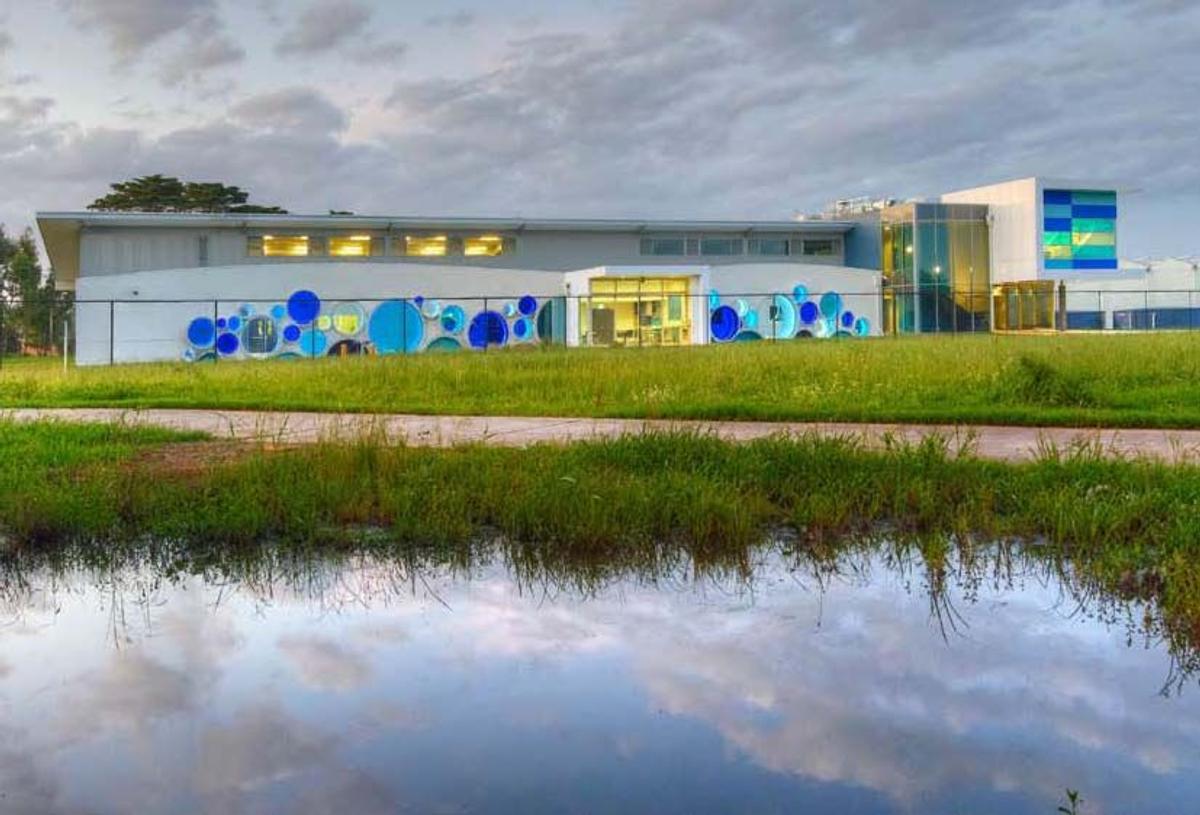Careers News

Dates to Diarise in Term 3
- Subject Selection Parent Information Nights –
- Year 9 into 10 (2025) Wednesday 17th July 5.30pm – 6.30pm.
- Year 10 into 11 (2025) Wednesday 17th July 6.45pm – 7.45pm
- Current Year 7 Subject Selection Day - Thursday 25th July
- Current Year 8 Subject Selection Day – Thursday 25th July
- Current Year 9 Subject Selection Day – Thursday 1st August or Friday 2nd August
- Current Year 10 Subject Selection Day – Monday 29th or Tuesday 30th July
- University / TAFE Open Days 2024 – throughout August (Details have been posted in COMPASS and separate attachment in newsletter.)
- Year 12 VTAC timely applications – throughout August and September
- VTAC SEAS and Scholarship applications – throughout August and September
Schools Recommendation Program
The University of Tasmania’s Schools Recommendation Program is a program allowing Australian Year 12 students to apply for up to five courses and receive a conditional offer before the final results are released.
So, rather than an ATAR, the application is based on a student’s school recommendation and their Year 11 results. It has been designed to give students confidence in completing their Year 12 and receiving a university place in 2025.
Applications open 27 June 2024, and there are a number of application rounds, and applications can be submitted right up to 4 October 2024. Note: students who apply by 29 July will be eligible for a main round offer in September. Applicants will be notified of their success after UTAS has received the recommendation from their school.
Students are encouraged to browse UTAS School’s Recommendation Program to find out more.
Studying Psychology at La Trobe UniversityGain an understanding of the human mind and how it influences behaviour. You’ll develop analytical, research and communication skills while studying clinical and health psychology, developmental and social psychology, assessment, intervention and research.
La Trobe offers several degrees that allow students to study psychology. For example, the Bachelor of Arts offers a major in Psychological Sciences.
Students who are keen to enter a course with a greater focus on psychology, or to pursue a career as a psychologist might opt to enrol in one of two undergraduate degrees. Both the Bachelor of Psychological Science and Bachelor of Psychology (Honours) are accredited by the Australian Psychology Accreditation Council (APAC).**** Professional registration with the Psychology Board of Australia will require an APAC-accredited fourth year and additional or ongoing requirements beyond the completion of the degree as well as an application to the professional body.
This is a 3-year degree that prepares students for a career as a professional psychologist, or in a psychology-related field across industries from clinical psychology to human services and marketing. Graduates of this course planning to continue on in further psychology-related studies will need to apply for an Honours year, such as the 1-year Bachelor of Psychological Science with Honours. A WAM of 70 is required to be eligible for consideration.
This is a 4-year degree that prepares students to become a professional psychologist, build a career in a psychology-related field or pursue research. Automatic progression to fourth year in this course requires a minimum weighted average mark (WAM) of 70%.
Career as a Data Scientist. The Good Careers Guide states that a Data Scientist investigates large datasets and interprets them to make insights and recommendations for clients or employers that is easy to understand and important for future practice. Data Scientists can work in environments such as public services, private sectors, scientific and professional research, financial services and industry corporations, and most often in teams. Good Careers Guide - Data Scientist
Coursera states that a data scientist uses data to understand and explain the phenomena around them, and help organizations make better decisions. Working as a data scientist can be intellectually challenging, analytically satisfying, and put you at the forefront of new technological advances. Data Science is offered as specialised bachelor’s degrees at Deakin, Monash, RMIT, Swinburne, and VU, but is also offered as a major Computer Science and Science degrees. Students are encouraged to browse VTAC Home to learn more about the range of offerings in Victoria.
Accelerated Bachelor of Education (Primary)Did you know you can achieve a four-year equivalent qualification in only three years of full-time study if you undertake selected units in Trimester 3?
Deakin University offers the Bachelor of Education (Primary) at its Burwood, Waurn Ponds, and Warrnambool campuses. This degree has been developed and reviewed with input from professional educators and the education sector, meaning students’ learning is highly relevant to their future teaching careers. Students gain confidence under the expert guidance of experienced staff who are recognised leaders and innovators in their fields. Students get to choose a specialisation and develop advanced skills in a priority area of the primary curriculum, such as:
- health and physical education
- languages (not available as an accelerated completion)
- language and literacy
- mathematics and numeracy
- science.
Of note is that this course can be fast-tracked over three years if students undertake units in Trimester 3. Students are encouraged to browse Bachelor of Education (Primary) to find out more.
Optometry Courses in Australia in 2024 The Good Universities Guide - Optometrist states that Optometrists perform eye examinations to determine the presence of vision problems and other eye conditions and disease. They treat or manage these problems by prescribing glasses, contact lenses, optical aids, vision therapy, medication (in the form of eye drops) or referral to an eye surgeon when required. Optometrists need to have a patient and caring manner; be able to carry out accurate and precise work, have good communication skills, and enjoy helping people.
To become an optometrist a student usually has to study optometry at university. Alternatively, they can complete a degree in vision science or a relevant area at university, followed by a postgraduate qualification in optometry. Prerequisite subjects, or assumed knowledge, in one or more of English, mathematics, chemistry, biology and physics are normally required. Entry to postgraduate courses usually requires completion of an appropriate bachelor degree. A number of universities in Australia offer these degrees. Universities have different prerequisites, and some have flexible entry requirements.
Optometry courses on offer in Australia include -
INSTITUTION | COURSE | ENTRY REQUIREMENTS IN 2024 |
Deakin University | Bachelor of Vision Science/Master of Optometry | Units 3 and 4: a study score of at least 30 in English (EAL) or at least 25 in English other than EALAn ATAR of 95.00+ |
Flinders University | Bachelor of Health Sciences (Vision Science)/Master of Optometry | Assumed knowledge of Maths Methods, Chemistry and PhysicsAn ATAR of 95.00+ |
Queensland University of Technology | Bachelor of Vision Science/Master of Optometry | Assumed knowledge of English/EAL, Maths Methods or Specialist Maths, Chemistry, PhysicsAn ATAR of 98.00+ |
University of Canberra | Master of Optometry | Only open to students who have completed the Bachelor of Vision Science at the University of Canberra |
University of MelbourneNote: Students who attain an ATAR of 99.00 are eligible for the Graduate Degree Package through Biomedicine or Science | Pathway to Optometry – through Biomedicine or Science | An undergraduate degree (or equivalent), and three subjects at second or third year level (or equivalent) in one or more relevant biological science disciplines plus the GAMSAT or MCAT |
University of New South Wales | Bachelor of Vision Science with a Master of Clinical Optometry | Assumed knowledge of English/EAL, Maths Methods, Chemistry, PhysicsAn ATAR of 99.00+ |
Speech Pathology and Audiology Degrees in Victoria in 2024
Speech Pathologists study, diagnose and treat communication and swallowing disorders, including difficulties with speech, language, fluency and voice. Four Victorian universities offer an undergraduate degree in Speech Pathology, and these courses on offer are listed below. A number of these universities also offer graduate courses in speech pathology.Audiologists are health care professionals who identify, assess and manage disorders of hearing, balance and other neural systems.Note: The University of Melbourne offers a Master of Speech Pathology and the entry requirement for this course is the successful completion of an undergraduate degree in a relevant discipline (Science, Biomedicine, Linguistics, Phonetics, Education, Psychology).The University of Melbourne also offers a Master of Clinical Audiology, and the entry requirement is an undergraduate degree in a relevant discipline (Science, Heath Sciences, Biomedicine, Linguistics, Phonetics, Psychology, Music), or equivalent.
| INSTITUTION | COURSE NAME | VCE PREREQs | ATAR 2024 |
Australian Catholic University M – Melbourne | Units 3 and 4: a study score of at least 30 in English (EAL) or at least 25 in English other than EAL; Units 3 and 4: a study score of at least 25 in one of Biology, Chemistry, or Physics. | 84.25 (M) | |
Federation University B – BallaratBe - BerwickG – Gippsland | Units 3 and 4: a study score of at least 30 in any English; Units 1 to 4: a study score of at least 25 in one of Biology, Chemistry, Health And Human Development, any Mathematics, Physical Education or Physics. | n/p (B)n/p (Be)n/p (G) | |
La Trobe University
Master of Clinical Audiology *
B – BendigoM – Melbourne | Units 3 and 4: a study score of at least 30 in English (EAL) or at least 25 in English other than EAL; Units 3 and 4: a study score of at least 25 in one of Biology, Chemistry, Health And Human Development, any Mathematics, Physical Education or Physics.
| 77.00 (B)88.80 (M) | |
| Units 3 and 4: a study score of at least 25 in English (EAL) or at least 20 in English other than EAL. | 76.90 (M) | ||
Bachelor of Health Sciences and Master of Clinical Audiology* | 75.65 (M) | ||
Bachelor of Psychological Science and Master of Clinical Audiology* | n/p (M) | ||
Victoria University
*Not Foundation Maths F – Footscray Park | Bachelor of Speech and Language Sciences/Master of Speech Pathology | Units 3 and 4: a study score of at least 30 in English (EAL) or at least 25 in English other than EAL; Units 3 and 4: a study score of at least 20 in two of Biology, Chemistry, Health And Human Development, any LOTE, any Mathematics*, Physics, Psychology, Sociology or Texts And Traditions. | 82.50 (F) |
Snapshot of Chisholm Institute in 2024
- Chisholm Institute is a government-owned TAFE with eight locations across Melbourne and the south-eastern suburbs, and each one has facilities dedicated to the particular learning area offered at that campus.
- Chisholm Institute offers over 250 certificate, diploma, advanced diploma, bachelor, and graduate certificate courses.
- Chisholm boasts some excellent training facilities including –
- Trade Training Centres which has general purpose classrooms as well as a multi-trade workshop equipped to deliver building and construction trades, including carpentry, bricklaying, plumbing, electro technology and engineering. There is also an engineering workshop which includes equipment such as 3d printers, laser cutters and CNC routers and milling machines.
- Building Trades Facilities where bricklaying, building and carpentry, building design, cabinetry and furniture making, electrical and plumbing are taught.
- National Precision Growing Centre is situated in Cranbourne and is the only facility of its kind in Australia. It is designed to deliver industry training in horticulture locally, nationally, and globally.
- Salon and Spas – with a number of hair and beauty courses being delivered at Chisholm, treatments and services are performed in the salons and spas, with each student developing their treatment skills while being supervised by the salon staff and teacher.
- As with other leading tertiary institutions, Chisholm Institute also offers a range of Student Support Services which include a counselling service, library, career and employment service, as well as international student support.
- Chisholm Institute offers a suite of Free TAFE courses including areas such as Accounting, Legal and Information Technology, Printing and Graphic Arts, Automotive, Building Trades and Construction, Community Services, Education, Engineering and Electronics, Hair and Beauty, Horticulture, and Hospitality and Tourism.
